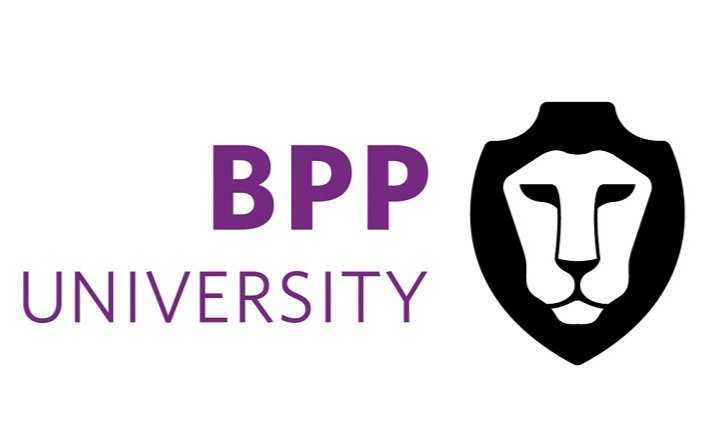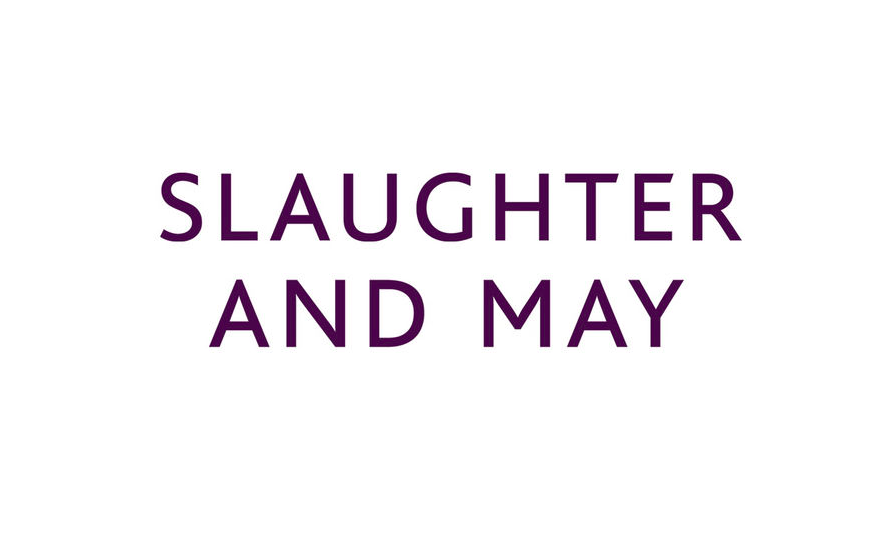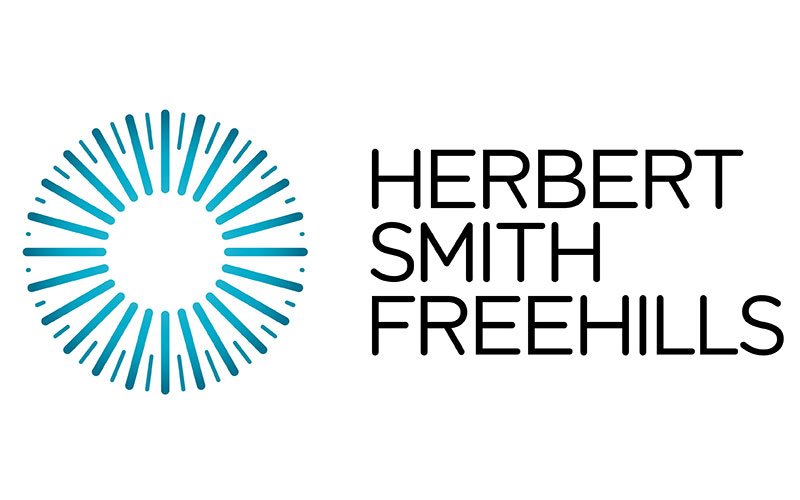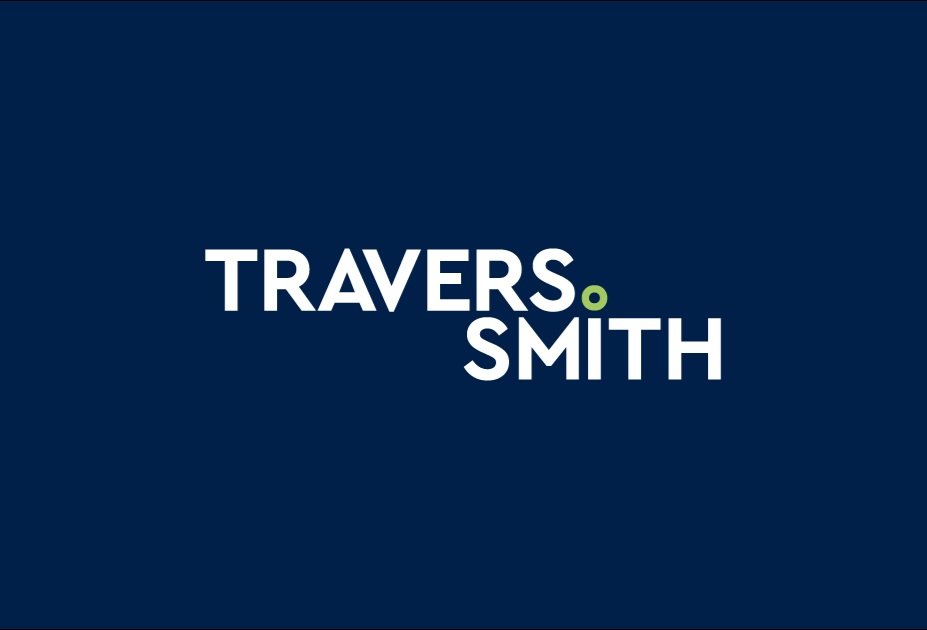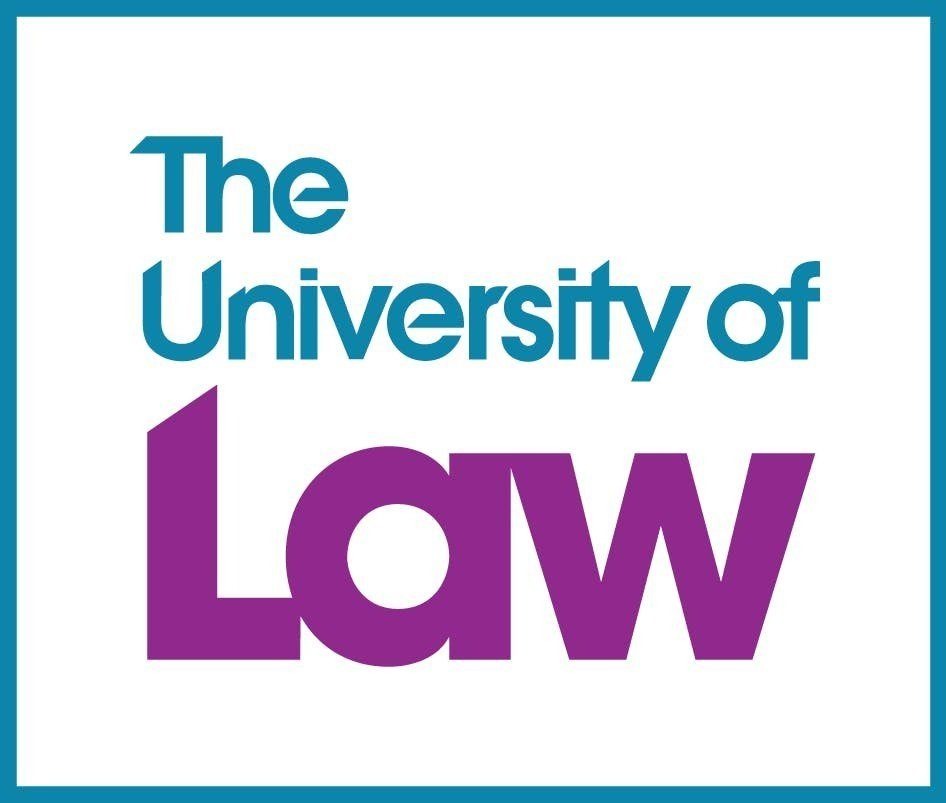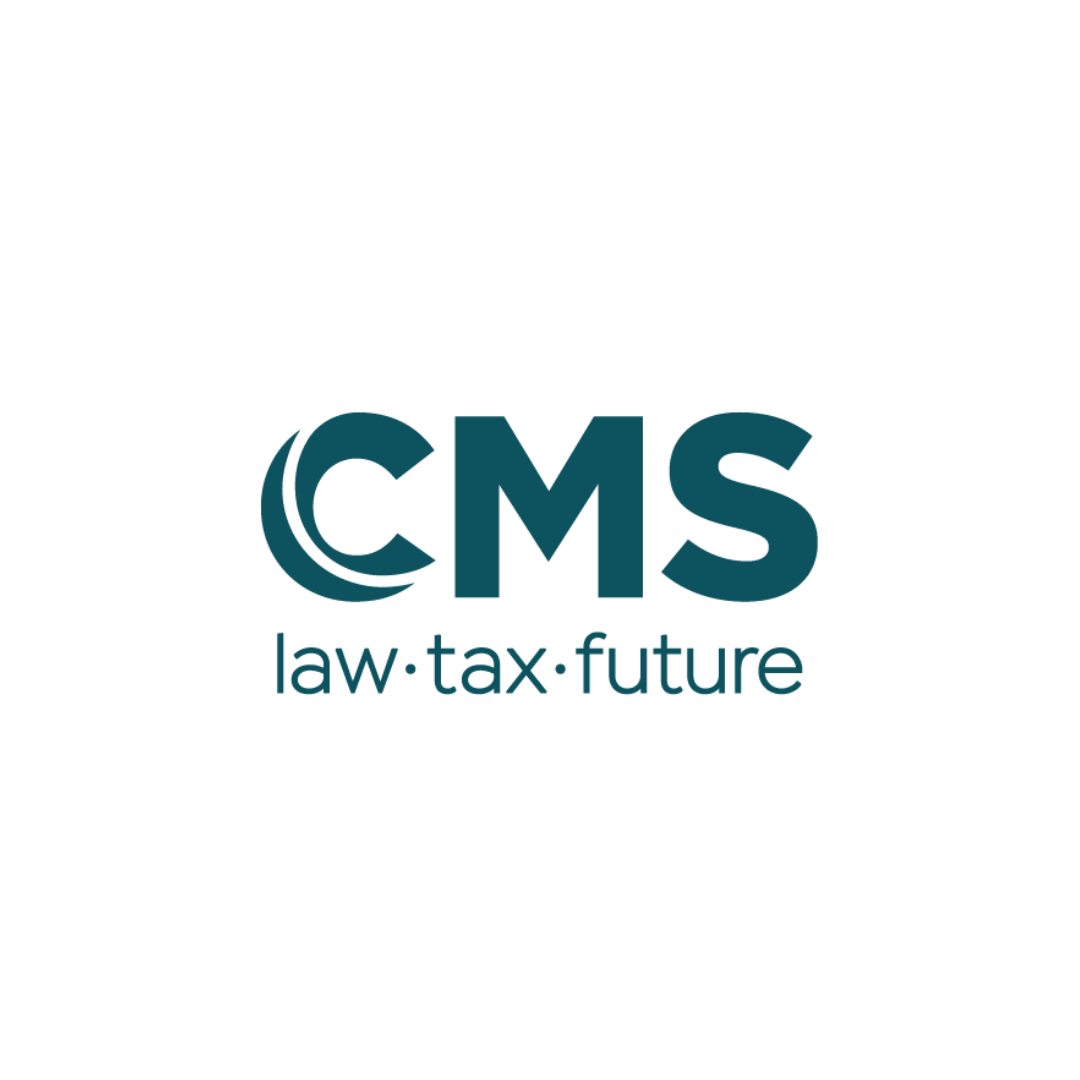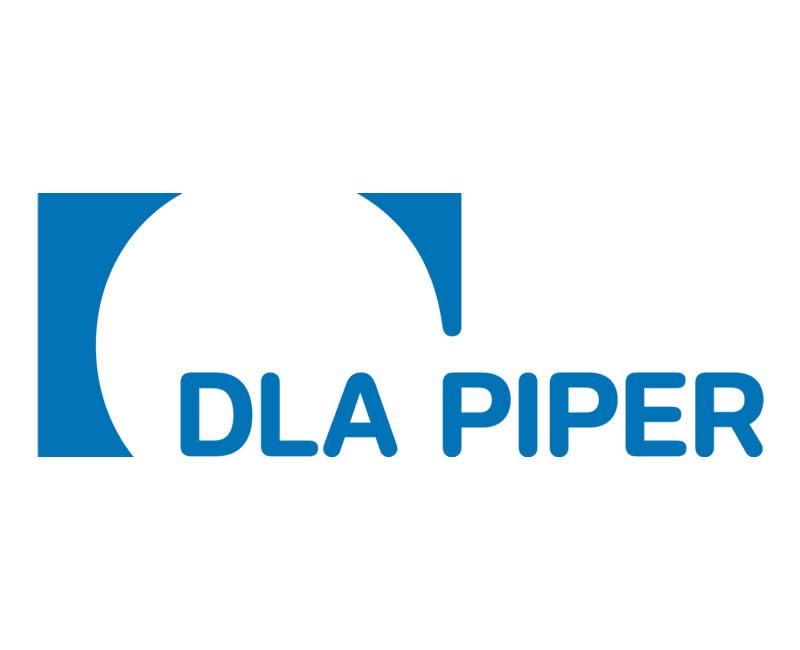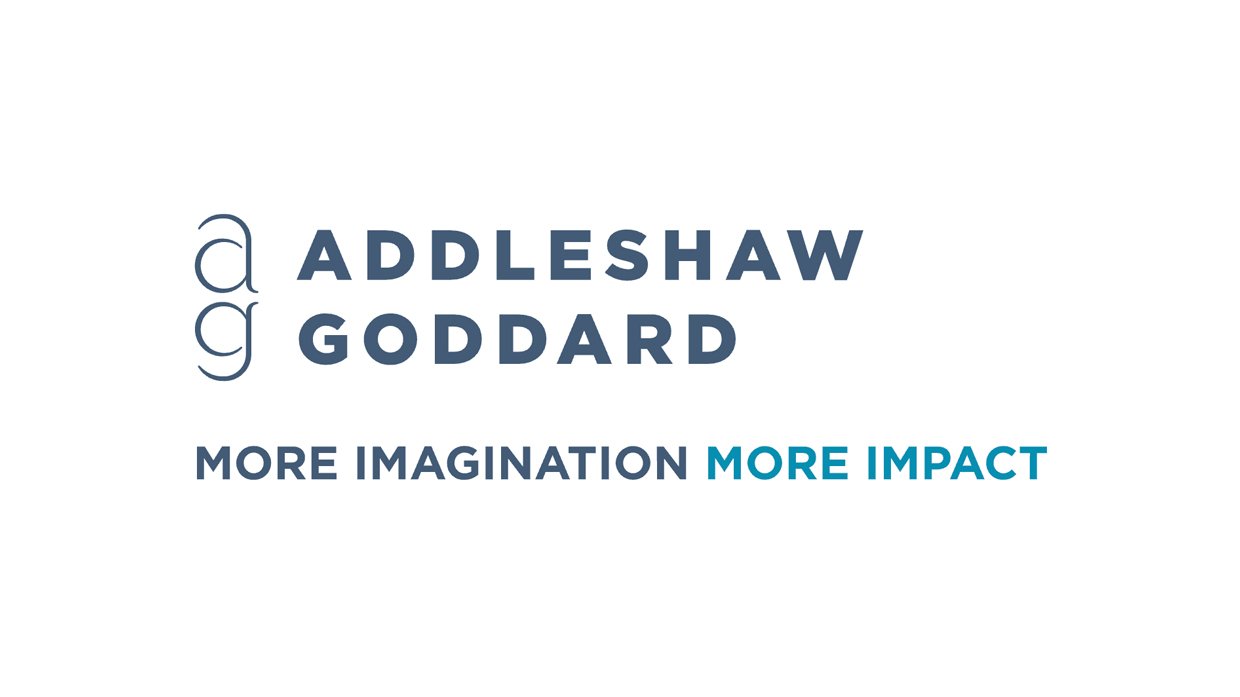Written by Ian McEwan, The Children Act presents a remarkably common challenge faced by
the courts when overriding refusals of medical treatment [1]. I intend to use the fictional plot
of the book as a foundation for exploring the basis with which a child can refuse medical
treatment, in the hope that a link to such a well-known example will make the current law
more digestible.
If you haven’t read the book, the most relevant points for this article follow (though they may
ruin the ending). The patient (P), a 17-year-old Jehovah’s Witness called Adam Henry needs
a life-saving blood transplant for his leukaemia, something he refuses alongside his parents as
part of his belief. The hospital contests this refusal, and the court determines his decision
should be overridden and he should be given the blood transplant. Later in the book, once
18-year-old Adam’s cancer returns and he refuses a life-saving blood transplant and dies.
Though children generally will not have a right to refuse treatment, there two ways they can
consent to treatment. Minors under 16 can consent to treatment, but not refuse; ‘Gillick
Competence’ can be attained by a child who ‘achieves a sufficient understanding and
intelligence to enable him or her to understand fully what is proposed’ [2]. Children over 16
can consent to treatment as long as they have functional capacity, something determined in
the same way as adults under the Mental Capacity Act [3]. There is a presumption of capacity,
which must be rebutted under section 2 if P is ‘unable to make a decision for himself in
relation to the matter because of an impairment of, or a disturbance in the functioning of, the
mind or brain’ [4]; this consent of a 16 or 17-year-old is to be treated as ‘effective as it would
be if he were of full age’ [5]. Consent for children of all ages, though, is concurrent, the parents
and the child will maintain the capacity to consent, so either Adam or his parents need to
consent to the treatment [6]. (Hypothetically) assuming Adam’s parents are the one’s refusing
treatment, and Adam wants to consent to the treatment against their wishes (not the case in
the book), the law would allow him to gain the competence to make his own decision. This is
strictly limited to allowing children to consent to treatment which is in their best interests, so
it would not allow Adam to refuse lifesaving treatment.
If Adam and his parents both object to treatment, the court needs to decide if treatment is in
his best interests, before they override that decision. When assessing best interests, s.4
requires that a range of factors must be considered including the wishes of P, their beliefs,
and values [7]. The law acknowledges that best interests are subjective, deliberately requiring
consultation of the family or carers [8]. Likewise in Aintree, Lady Hale clarified that
considering the welfare of a child should be seen in the widest possible sense [9]. For children,
there is a fundamental tension between promoting autonomy and protecting best interests.
The current position effectively shields children’s wellbeing from their choices until they
become adults, at which point autonomy is held to be more important than physical
wellbeing [10]. This would allow Adam to refuse treatment when 18, respecting his autonomy,
although whilst he remains under the age threshold it is for the court to instead prioritise his
life.
In Adam’s case, this would mean the court must consider his families wishes, who are part of
a Jehovah’s community and strongly believe that a blood transfusion is not in their sons’ best
interests. This religious belief is absolute and cannot prima facie be held as an undue
influence for adults; there are also wider effects on the welfare of P should he accept a blood
transfusion and consequentially be shunned from the Jehovah’s community. It is worth
considering whether overriding these religious beliefs by forcing treatment, even for children,
will have far wider social implications for them. For someone who takes Jehovah’s ideas to
be true, never rising again in the kingdom of God is far more significant than dying from
refusing blood transfusion. Hence, in some Jehovah’s communities, families mourn those
who accept blood transfusion, as they have effectively lost their second eternal life with God
after resurrection. It may not be for the law to say whether this is valid in a pluralist society.
However, where religious arguments are used by someone in a close relationship, doctors
must consider if the patient’s will has been overborne. Re T noted how P had been subjected
to her mother’s religious belief while weakened due to medical treatment, something which
would enhance its influence, destroying her volition [11]. From close family members, ‘[Such]
influence may be subtle, insidious, pervasive and where religious beliefs are involved
especially powerful’, which may invalidate the refusal of P [12]. It would be up to the courts to
determine on the facts, whether there was undue influence from Adam’s parents.
Such cases underlie a fundamental tension between protecting life and upholding autonomous
rights. This is seen where in practice refusals to treatment are tested in the courts more
regularly by doctors; perhaps because it is hard for doctors who work to save lives to accept
decisions which they perceive as irrational and may lead to an earlier avoidable death. In this
sense, there is a contrast between lawyers who want to promote rights in a pluralist society
and doctors. The high burden of best interests placed on 16 and 17-year-olds who refuse
treatment could be seen to enable future autonomy, by shielding them until they are adults.
McEwan’s book would most likely, then, end in the same way due to the sharp distinction
between the protection of children’s lives and the protection of adult decision-making, even if
irrational.
[1] Ian McEwan, The Children Act (Jonathan Cape 2014).
[2] Gillick v West Norfolk and Wisbech Area Health Authority [1986] AC 112 (HL) 189 (Lord Scarman).
[3] Mental Capacity Act (‘MCA’) 2005, ss 1-3.
[4] ibid s 2(1).
[5] Family Law Reform Act 1969, s 8.
[6] AB v CD and others [2021] EWHC 741 (Fam).
[7] MCA, s 4(6).
8[] MCA, s 4(7).
[9] Aintree University Hospitals NHS Foundation Trust v James [2013] UKSC 67, [2014] AC 591.,
[10] For a good discussion of this see Skelton and others, ‘Overriding Adolescent Refusals of Treatment’ (2020) 20(3) JESP , especially 29.
[11] Re T (adult: refusal of medical treatment) [1992] 9 BMLR 46 (CA) 66.
[12] ibid.

